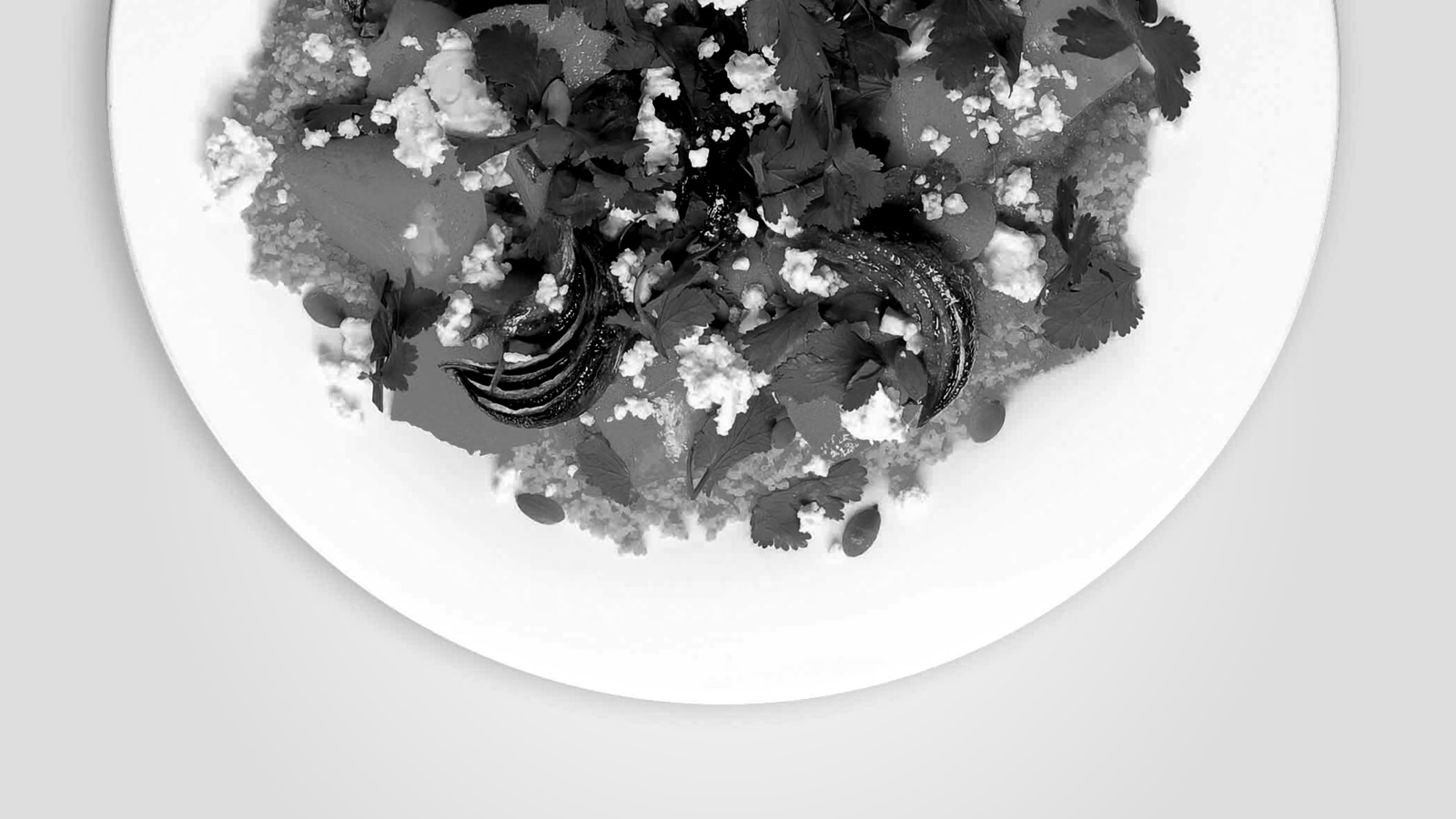Today, we’re going to learn how to make a successful Nora Ephron movie.
First, you will need to find, adapt or invent two people who are superficially opposites, and separated by a difficult-to-overcome barrier — attitudes (on relationships, When Harry Met Sally, 1989) or distance (a continental delta, Sleepless in Seattle, 1993) or a medium (the Internet, You’ve Got Mail, 1998) or time (fifty years in her new film, Julie & Julia).
Second, you must keep your characters apart, ensuring they meet infrequently (every five years in When Harry Met Sally), accidentally (at the Empire State Building in Sleepless in Seattle), unknowingly (on the street in You’ve Got Mail) or, in the case of Julie & Julia, never.
Third, having set the odds massively against them, you carefully blend their stories and let it sit for two hours, finding the spiritual essence that binds them together — deep affection (When Harry Met Sally), a hole in the heart (Sleepless in Seattle) or a shared passion (for reading in You’ve Got Mail; for cooking in Julie & Julia).
Voila! Your very own romantic dramedy, just like Julie & Julia, the interwoven lives of Julia Child, real-life American diplomat’s wife who became famous for her French cookbooks, and Julie Powell, struggling New York City writer who gained a cult following by spending a year cooking her way through all 527 recipes in Child’s magnum opus, Mastering the Art of French Cooking.
Ephron’s movies, though insightful in a pop-psychology kind of way, are never particularly complicated. Julie & Julia are both married to doting husbands ordinary enough to consider themselves lucky. They are both searching for purpose in worlds which make them feel lost — post-WWII Paris for Julia, and post-9/11 New York for Julie. Julia doesn’t understand a word anyone around her says, and an early restaurant scene with Julie’s yuppie friends tells us she doesn’t, either.
Within these similar but disparate contexts, the two women discover the joys and heartaches of cooking (while the husbands discover heartburn). Important tip: Using better ingredients improves the recipe. Whether an Ephron film works usually depends on its co-stars. In the aforementioned hits, Meg Ryan was, to paraphrase Julia Child, the butter to Billy Crystal and Tom Hanks’s bread. Bewitched (2005) failed partly because Nicole Kidman and Will Ferrell lacked chemistry.
In Julie & Julia, Meryl Streep and Amy Adams are like a Cabernet Sauvignon and camembert cheese — distinct tastes that grow well together. It’s impossible to go over-the-top playing Julia Child, so Streep’s affectations, which sometimes grate in other roles, work here. She also has the freedom (like peers Robert DeNiro, Al Pacino and Dustin Hoffman) of a guaranteed audience bloc — the patrons at Palace Cineplex were middle-aged or older.
More weight rests on Amy Adams, scrabbling out of the gutter of television sitcoms and cable dramas (The Office, That 70s Show, Smallville, Charmed), aspiring to the A-list apex of crossovers Jennifer Aniston and George Clooney. Her turn as Julie Powell is competent, but nothing to write a homepage about. However, her listless yet histrionic blogger is the right foil for Streep’s bubbly but bourgeois housewife.
With any culinary exercise, the last step is always, of course, to consume the dish. Julie & Julia, without being subtle or aiming for jouissance, leaves a rich, dreamy aftertaste.
- Julie & Julia
- Directed by Nora Ephron
- With Meryl Streep, Amy Adams and Stanley Tucci
- 123 min
- Drama, Romance
